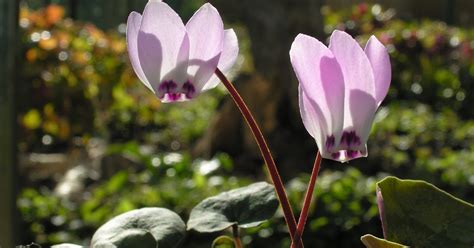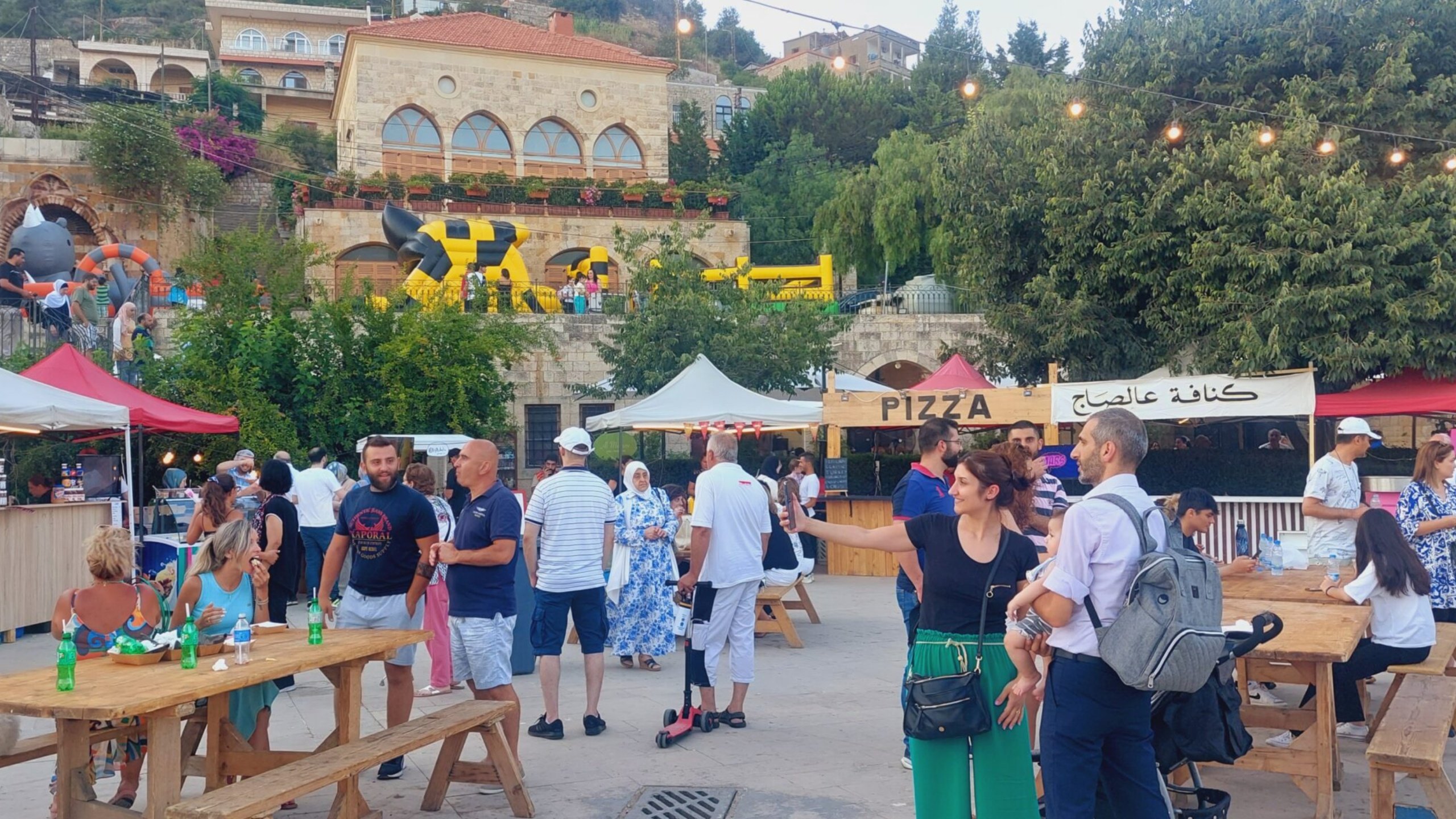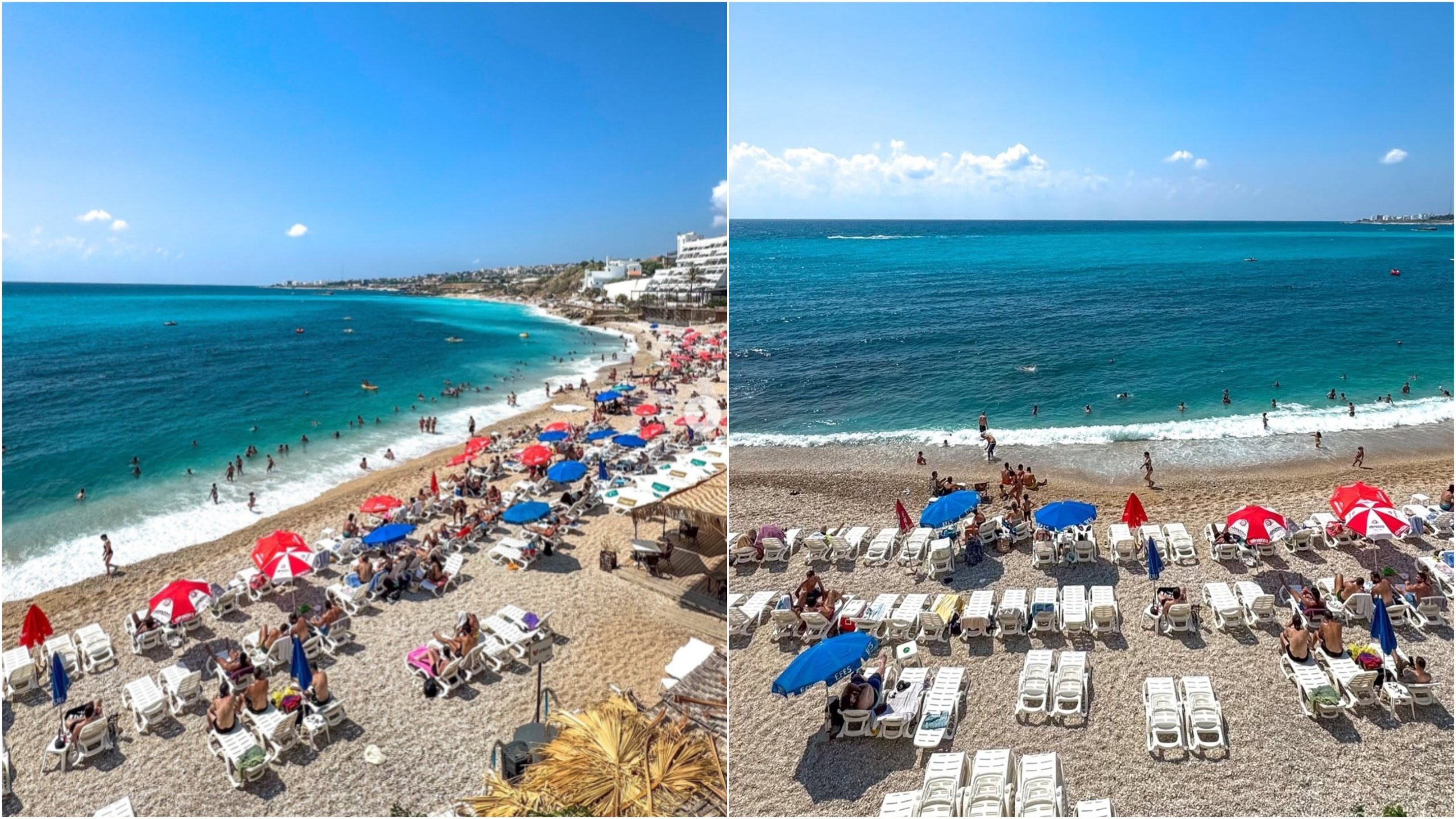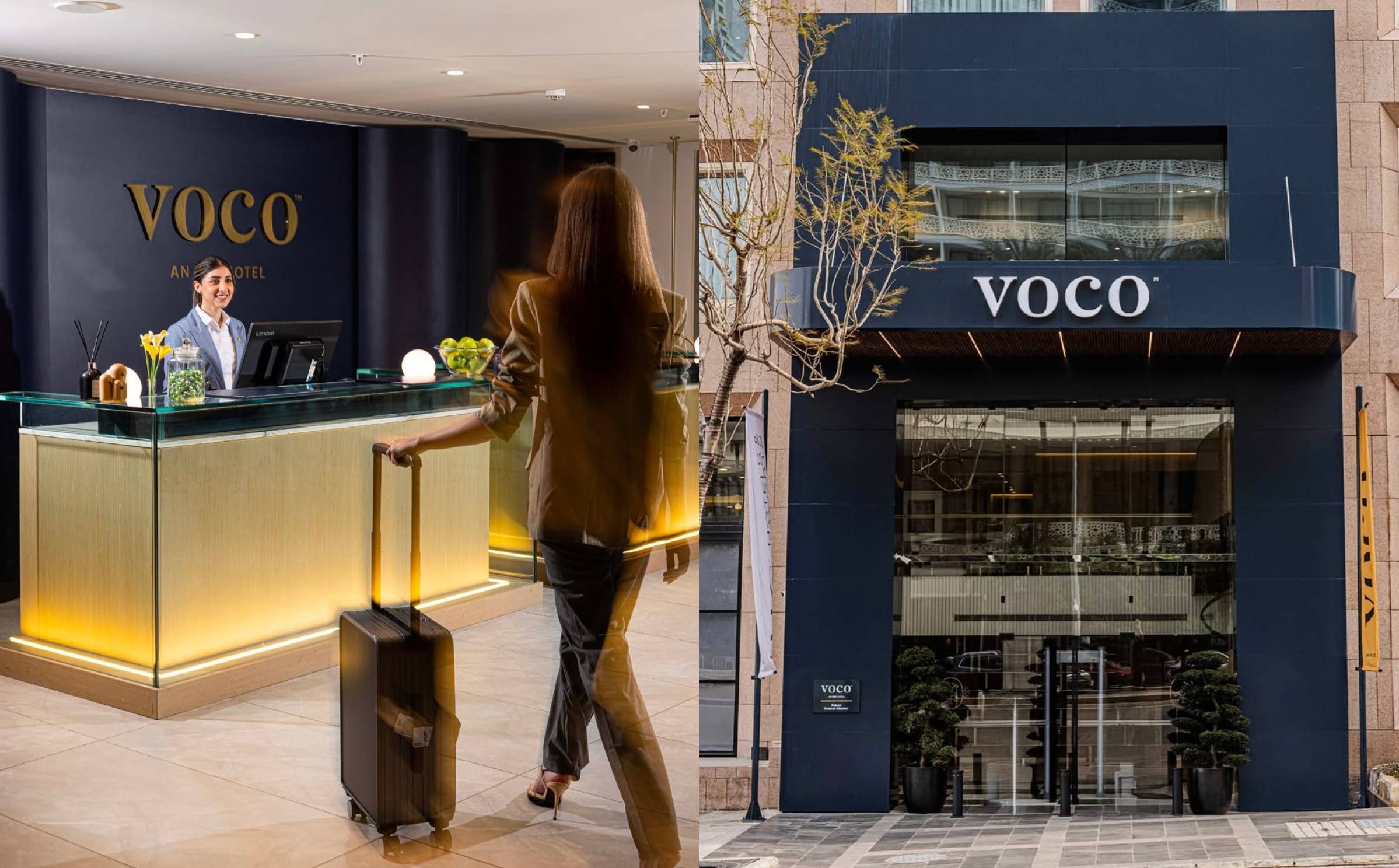Blog
BBC Documentary Highlights What Life Is Like For LGBT Communities In Lebanon
The BBC Pop Up released a video in February highlighting disparities between Lebanese laws and LGBT communities in Lebanon. In this 15 minute clip, the BBC team interview a series of individuals who identify with, or are influenced by the LGBT community – to decipher the country’s elusive stance on the matter. The BBC were filming this documentary at a significant time – when a Lebanese court ruled against prosecuting a homosexual couple – a landmark case which directly contradicted the notion that homosexuality is illegal in Lebanon under Article 534. You can read more about that case here.
Lary, a notorious Lebanese party-goer, tells the BBC what it’s like being so publicly gay in a country with such an inconsistent standpoint on homosexuality. Lary explains that being homosexual is still considered a social taboo in Lebanon, and that, for example, although he is flamboyantly gay, he will never come out to his parents despite the fact that he thinks it’s obvious. “If someone hasn’t known that I’m gay so far, then there must be a problem with them,” Lary explains. Lary takes Benjamin, the BBC reporter, to The Grand Factory for a night of dancing and partying in a venue where he feels that he is accepted, and where he feels free.
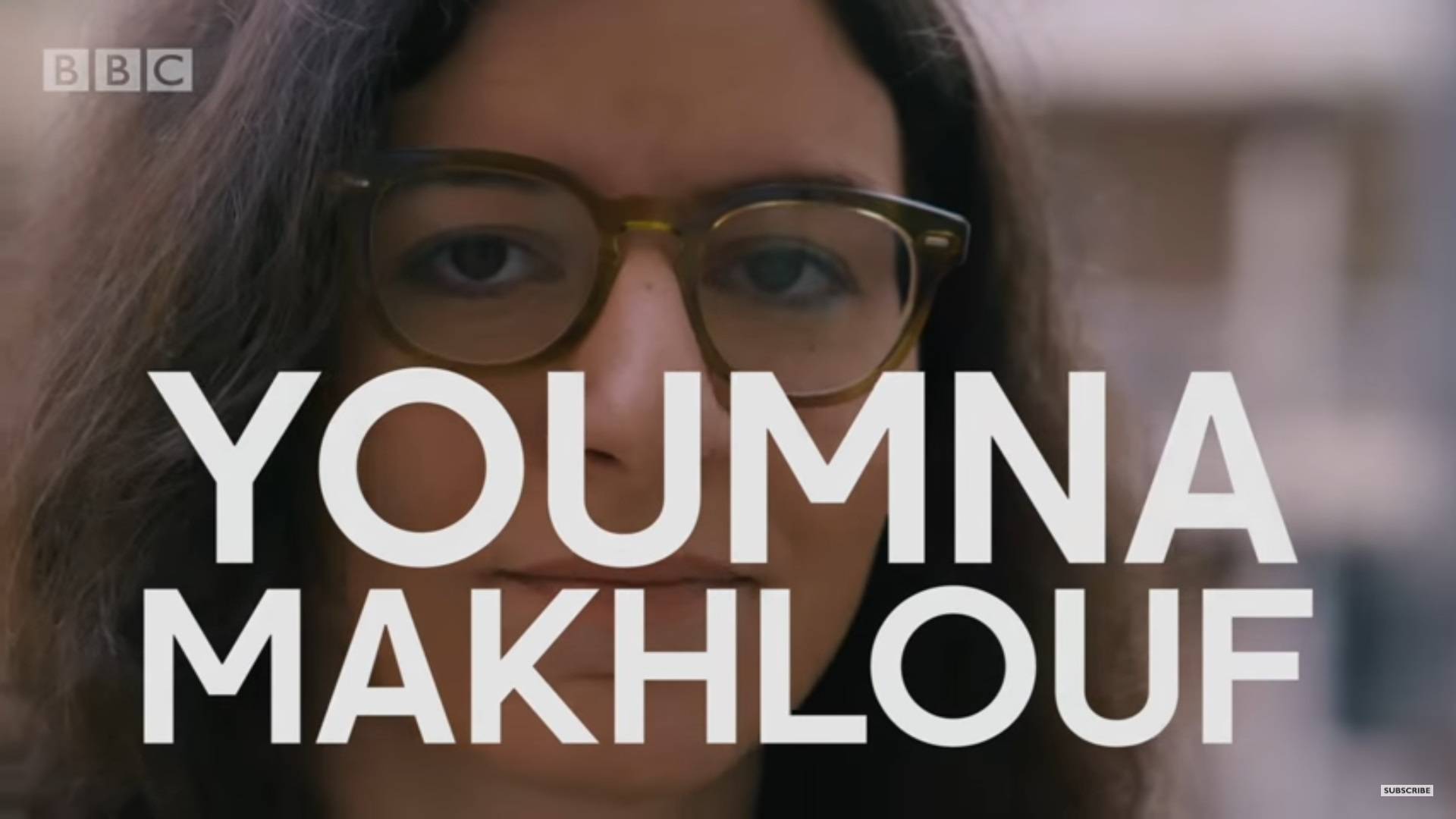
Despite a thriving gay scene, Article 534 still stands to criminalize homosexual sex in Lebanon. The BBC met with the lawyer involved in the landmark court ruling noted above, Youmna Makhlouf, who explained the current law and its limitations. “What we have is an article in the criminal code, Article 534, which criminalizes intercourse against nature. Some judges have interpreted this law as being applicable to homosexual intercourse and homosexual relations”. Her statement highlights the danger in having such an elusive law, where judges are required to individually determine what constitutes ‘natural’ behavior. “It is dangerous, that is why this article has no place in the criminal code. The recent court case is the first incident where a judge has stated that [homosexuality] is a natural right. It’s a big step!”
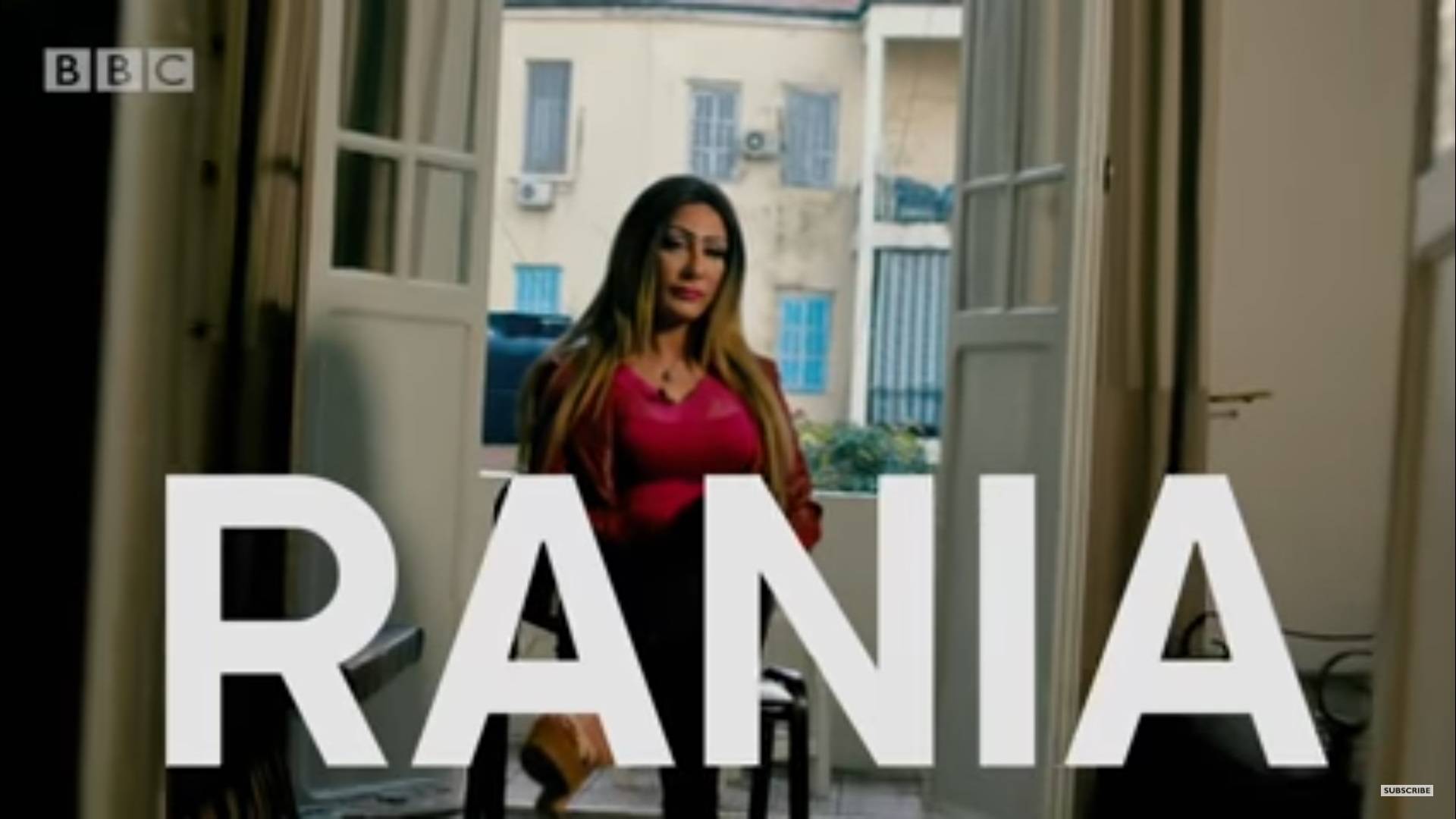
Although the ruling was significant in signposting a change for perceptions of homosexuality in Lebanon, LGBT communities still face widespread discrimination and abuse – they can even face up to one year in jail for being ‘caught’ in the act of existing as a homosexual in Lebanon. Discrimination against them is tightly linked with discriminatory ideologies that are rooted in Middle Eastern culture and values, and the stringent role of religion in this part of the world.
The BBC continued their quest for answers about the stance of the LGBT community in Lebanon by interviewing Father Abdo Abou Kassm, a spokesperson for the Catholic Church who once referred to homosexuality as a ‘disease’ which he thinks can and should be treated by science and medicine. He roots the emergence of LGBT culture in Lebanon to a lack of societal morals, and claims that LGBT individuals are not, and should not, be considered a reflection of Lebanese society, ‘a land of values’ as he describes it.
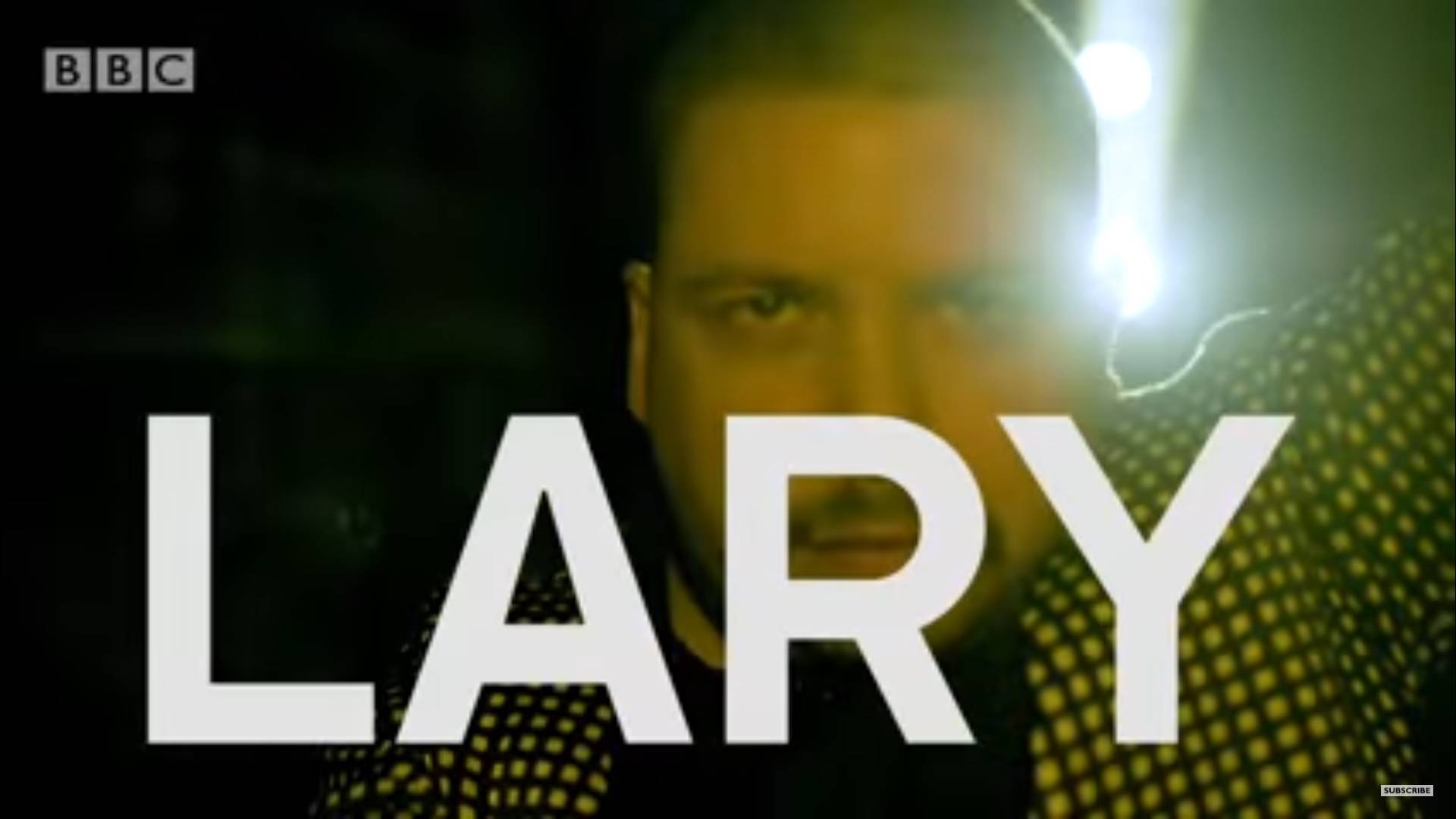
The issue of LGBT acceptance and equality is a point of contention in Lebanon. Article 534 stands as an elusive and subjective guide for people to be prosecuted for partaking in ‘unnatural’ practices, yet LGBT communities are widespread throughout the country and continue to grow in numbers. Transgender individuals are, perhaps, the most discriminated against, and are often arrested when they are seen in public strictly based on their appearances – as Rania, a transgender Syrian refugee explains to the BBC.
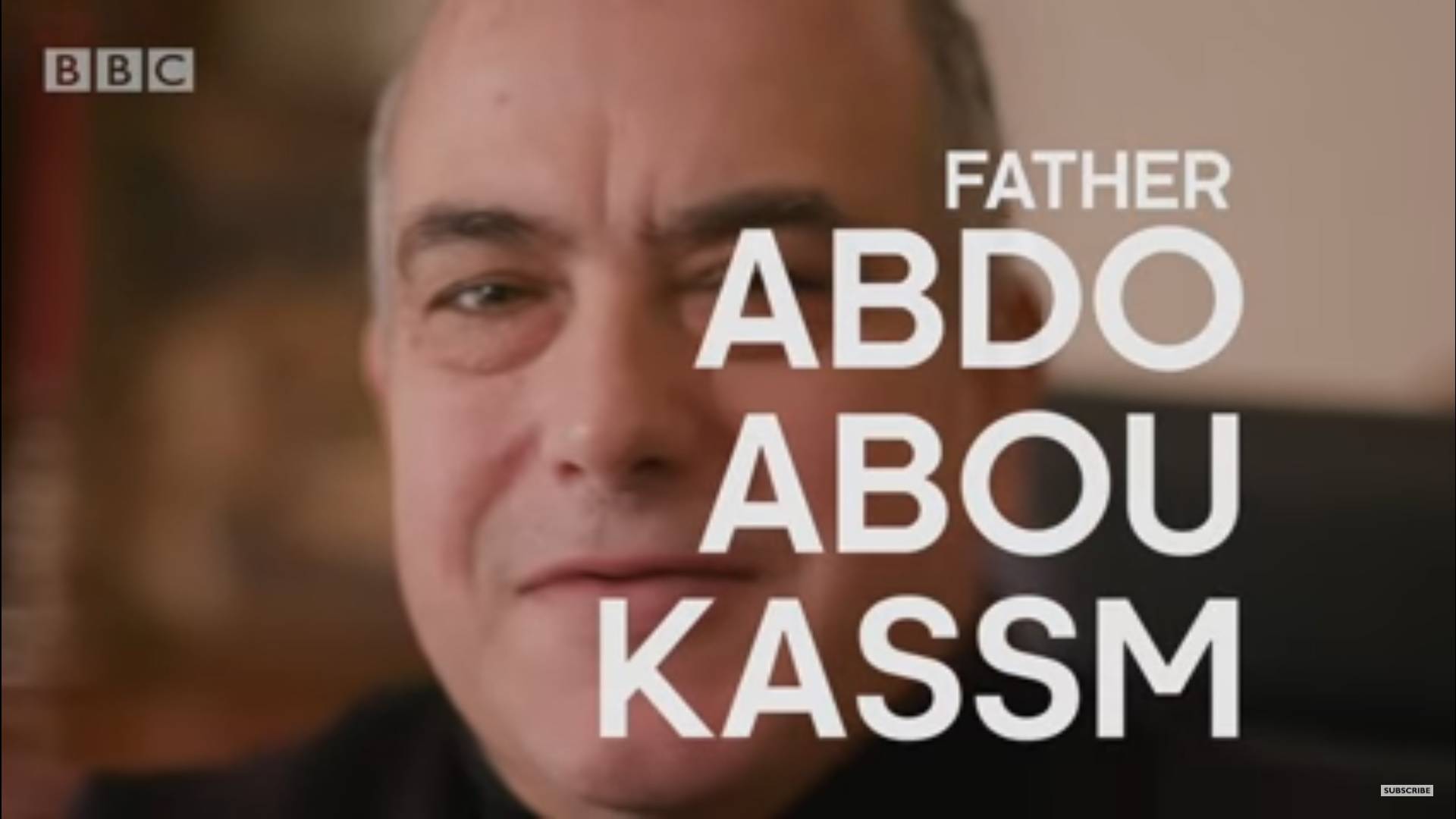
“I was sitting in a café having a drink, and they came in and arrested me. They had already arrested four or five other Lebanese transsexuals. I was the only Syrian among them. They took me because of who I am. So where should I go?” Rania doesn’t believe that the recent court case will have any effect on how LGBT communities are treated in public. “Let’s go on a walk together now, you’ll see how the police will immediately arrest me. My parents didn’t accept me, society in Syria didn’t accept me, I escaped here to Lebanon to escape war and death…but here too, we’re dying a million deaths.”
Watch the full documentary here:
1
Lary, a notorious Lebanese party-goer, tells the BBC what it’s like being so publicly gay in a country with such an inconsistent standpoint on homosexuality. Lary explains that being homosexual is still considered a social taboo in Lebanon, and that, for example, although he is flamboyantly gay, he will never come out to his parents despite the fact that he thinks it’s obvious. “If someone hasn’t known that I’m gay so far, then there must be a problem with them,” Lary explains. Lary takes Benjamin, the BBC reporter, to The Grand Factory for a night of dancing and partying in a venue where he feels that he is accepted, and where he feels free.

Despite a thriving gay scene, Article 534 still stands to criminalize homosexual sex in Lebanon. The BBC met with the lawyer involved in the landmark court ruling noted above, Youmna Makhlouf, who explained the current law and its limitations. “What we have is an article in the criminal code, Article 534, which criminalizes intercourse against nature. Some judges have interpreted this law as being applicable to homosexual intercourse and homosexual relations”. Her statement highlights the danger in having such an elusive law, where judges are required to individually determine what constitutes ‘natural’ behavior. “It is dangerous, that is why this article has no place in the criminal code. The recent court case is the first incident where a judge has stated that [homosexuality] is a natural right. It’s a big step!”

Although the ruling was significant in signposting a change for perceptions of homosexuality in Lebanon, LGBT communities still face widespread discrimination and abuse – they can even face up to one year in jail for being ‘caught’ in the act of existing as a homosexual in Lebanon. Discrimination against them is tightly linked with discriminatory ideologies that are rooted in Middle Eastern culture and values, and the stringent role of religion in this part of the world.
The BBC continued their quest for answers about the stance of the LGBT community in Lebanon by interviewing Father Abdo Abou Kassm, a spokesperson for the Catholic Church who once referred to homosexuality as a ‘disease’ which he thinks can and should be treated by science and medicine. He roots the emergence of LGBT culture in Lebanon to a lack of societal morals, and claims that LGBT individuals are not, and should not, be considered a reflection of Lebanese society, ‘a land of values’ as he describes it.

The issue of LGBT acceptance and equality is a point of contention in Lebanon. Article 534 stands as an elusive and subjective guide for people to be prosecuted for partaking in ‘unnatural’ practices, yet LGBT communities are widespread throughout the country and continue to grow in numbers. Transgender individuals are, perhaps, the most discriminated against, and are often arrested when they are seen in public strictly based on their appearances – as Rania, a transgender Syrian refugee explains to the BBC.

“I was sitting in a café having a drink, and they came in and arrested me. They had already arrested four or five other Lebanese transsexuals. I was the only Syrian among them. They took me because of who I am. So where should I go?” Rania doesn’t believe that the recent court case will have any effect on how LGBT communities are treated in public. “Let’s go on a walk together now, you’ll see how the police will immediately arrest me. My parents didn’t accept me, society in Syria didn’t accept me, I escaped here to Lebanon to escape war and death…but here too, we’re dying a million deaths.”
Watch the full documentary here:
1

